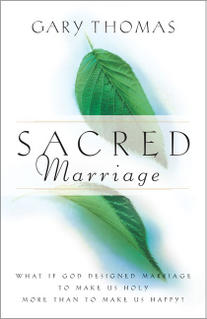 A few weeks ago, I posted some comments about the Air Force Academy, and the room marked "other" in their historic chapel. This week, an article published by the Associated Press appeared in the Dallas Morning News. It appears the "others" are beginning to make their voices heard.
A few weeks ago, I posted some comments about the Air Force Academy, and the room marked "other" in their historic chapel. This week, an article published by the Associated Press appeared in the Dallas Morning News. It appears the "others" are beginning to make their voices heard.Read the complete article here.
In short, it seems non-evangelical Christians are making some noise about an evangelical bias held by the United States Air Froce Academy. If the irony of a mainstream media article griping about a right wing bias is not enough to make steam come out your ears, the spin the article puts on the situation at the USAFA will.
According to the article, the perception of some cadets at the USAFA is that "evangelical Christians wield so much influence at the Air Force Academy in Colorado Springs that anti-Semitism and other forms of religious harassment have become pervasive."
Seriously? Anti-semitism?
Anti-semitism is a word that has become hip to use again. But it's used as a word designed to garner an emotional response without regard to the original intent of the word. Anti-Semites are those who are against Jewish people. Are we really to believe that this kind of attitude is pervasive (their word) at the USAFA?
If it is, it isn't a problem with evangelical Christianity. It's a problem with discipline at the United States Air Force Academy. Taking away privileges from evangelical Christians will not change the mindset of sick individuals who hold an opinion contrary to mainstream evangelical Christianity.
The issue of relgious "tolerance" is out of control in today's society. The fact that I hold an opinion contrary to yours and have the freedom to say so is one of the freedoms that the cadets of the United States Air Force Academy have pledged to fight for. Tolerance of religion is one thing. Acceptance is another. To forbid "sectarian" prayers (prayers in Jesus' name) is to deny the rights and privileges of every American to speak his or her mind.
So a Muslim is offended by my prayer in Jesus' name. Sorry. I'm offended by his request that I pray to someone or something else. I wouldn't ask him to pray in Jesus' name - he isn't able to ask something in Jesus' name because he doesn't know Jesus. Why should I be forced to pray in the name of the "Great Spirit Above?" I don't need to be generic. I know His name.


















